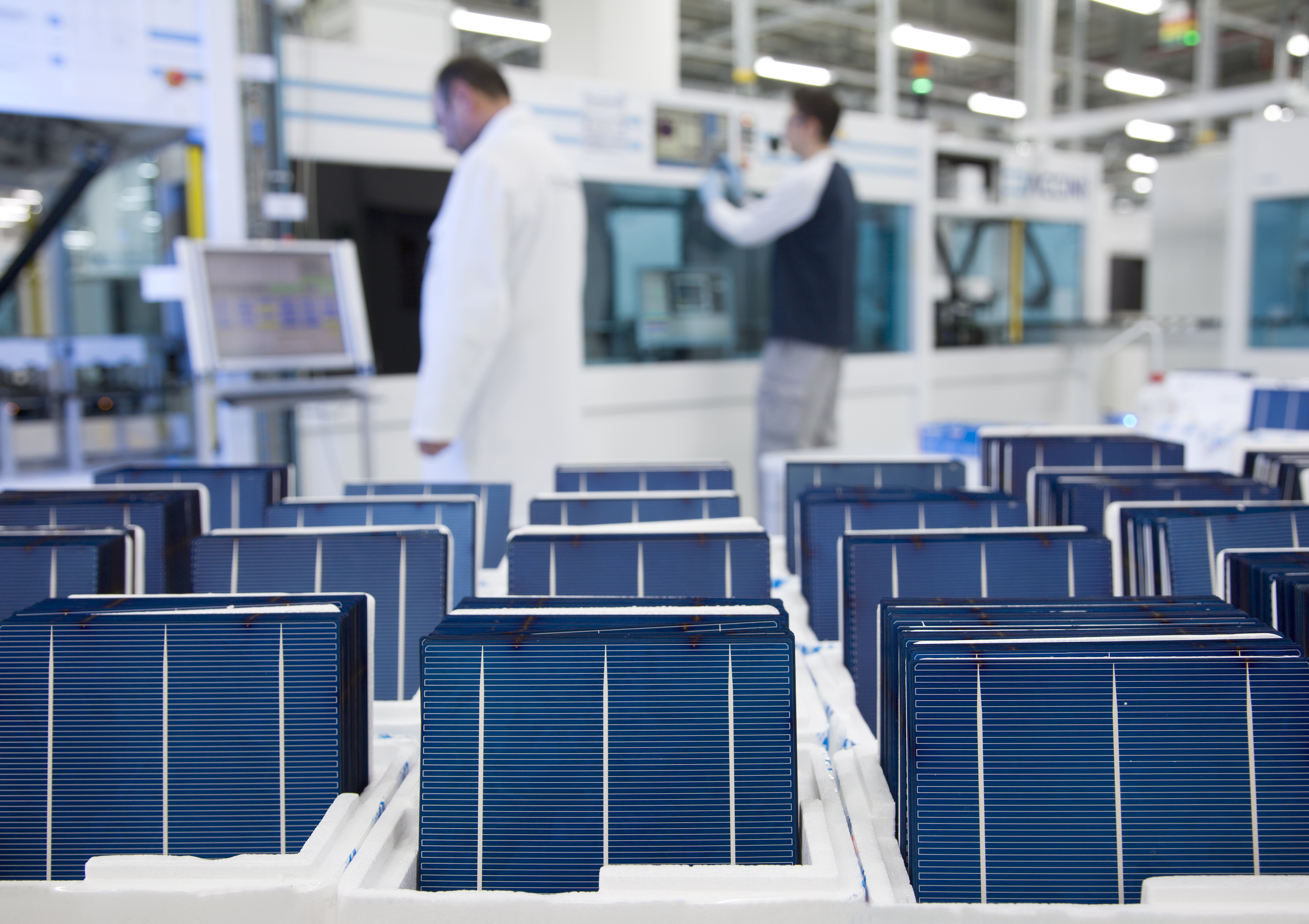Germany’s Conergy enters the Australian market

Headquartered in Hamburg, Germany, Conergy is one of the biggest names in the global solar energy and photovoltaic (PV) market. It manufactures its solar power products in Germany and distributes components and systems for generating solar electricity worldwide.
The Australian subsidiary of the company, Conergy Australia, was established in 2006 and general manager David McCallum says that the company is a step ahead of its competitors because it carries out and oversees every aspect of both the manufacturing and distributing process.
ADVERTISEMENT
“The solar market is changing and consumers are not just looking for the cheapest option. The rebates are winding back and while consumers are still investing quite strongly in solar, their priority has moved from affordability to quality,” David says.
“This new drive fits our model well because everything is German engineered, so the quality is high, helping consumer confidence in the performance, durability and longevity of the products they buy.”
Conergy’s geographical setting has been a crucial factor in stamping its authority on the solar industry. As the European solar market is one of the largest in the world, the company’s success has been aided by Germany’s centralised position which enables it to service its surrounding countries well. Not only that but Germany is well known for its solar manufacturing factories and the expertise and overall efficiency of the engineers inevitably produces high quality results.
Conergy’s solar module manufacturing facility in Frankfurt (Oder) is no exception; it is one of the most modern solar manufacturing facilities in the world and is fully robotic, operating in a sealed environment and removing the need for any human intervention.
“Many other factories involve people in white gloves, in a sterile room putting together solar modules, cells, conductors and other high-tech electronic equipment. The problem with that is that you end up with a human error factor in the assembly of the module, which can affect its efficiency and life span,” says David.
The investment needed to establish these superior facilities costs billions of dollars and that is why David believes the Australian market isn’t currently big enough to sustain factories that match the calibre of Germany’s.
However, this didn’t stop the company breaking into the local market. Instead, David attributes Conergy’s success to a range of sound investment decisions, driven by himself and managing director Rodger Meads.
“Understanding the local market has been vitally important in getting a foothold here in Australia,” David says.
“Our experience together helped us form a set distribution strategy. We originally started with just one little office in Sydney and then we expanded to Perth, Queensland, Melbourne, Darwin and Adelaide.
“We understood that to service the market efficiently we needed local, dedicated representation with large warehousing and sales offices in every capital city. Our warehouse and office space ranges between 1000m² and 3500m² with large stock and inventory levels so we can react quickly to market demand and provide quality service.”
However, David admits that the influence of the Government has helped the company retain such a strong position.
“Australia is definitely a domestic-dominated market space for renewable energy and solar power. The Australian community has embraced it, and that has been on the back of some sound, solid support from both Federal and State Government.
Conergy also specialises in the design, development and construction of large-scale solar farms. The largest farm in the Asia-Pacific region is in SinAn, southwest of the Korean capital Seoul. It produces around 24MW/h – five hours of generation is enough to power around 8000 homes.
David says that although the Australian market hasn’t moved into the large-scale farm space, he is confident it will happen in the near future.
“As grid parity is getting closer and closer, PV prices are coming down and electricity prices are going up, making solar a truly sound investment. That’s why we are seeing superannuation firms and wealthy consortiums teaming up to invest.”
“I certainly see a longstanding and profitable future for Conergy; we are part of a public company so we have a responsibility to perform.”
David says this is also a catalyst for the organisation to continually impact the industry.
“Solar has been around for 30-50 years within Australia in one form or another, however it has only been in the mass market for around 3-4 years so it is still maturing. I think that with strong leadership from Government and continual support for consumers that invest, we will see our industry standards developing for many years to come.”
-
ADVERTISEMENT
-
ADVERTISEMENT

